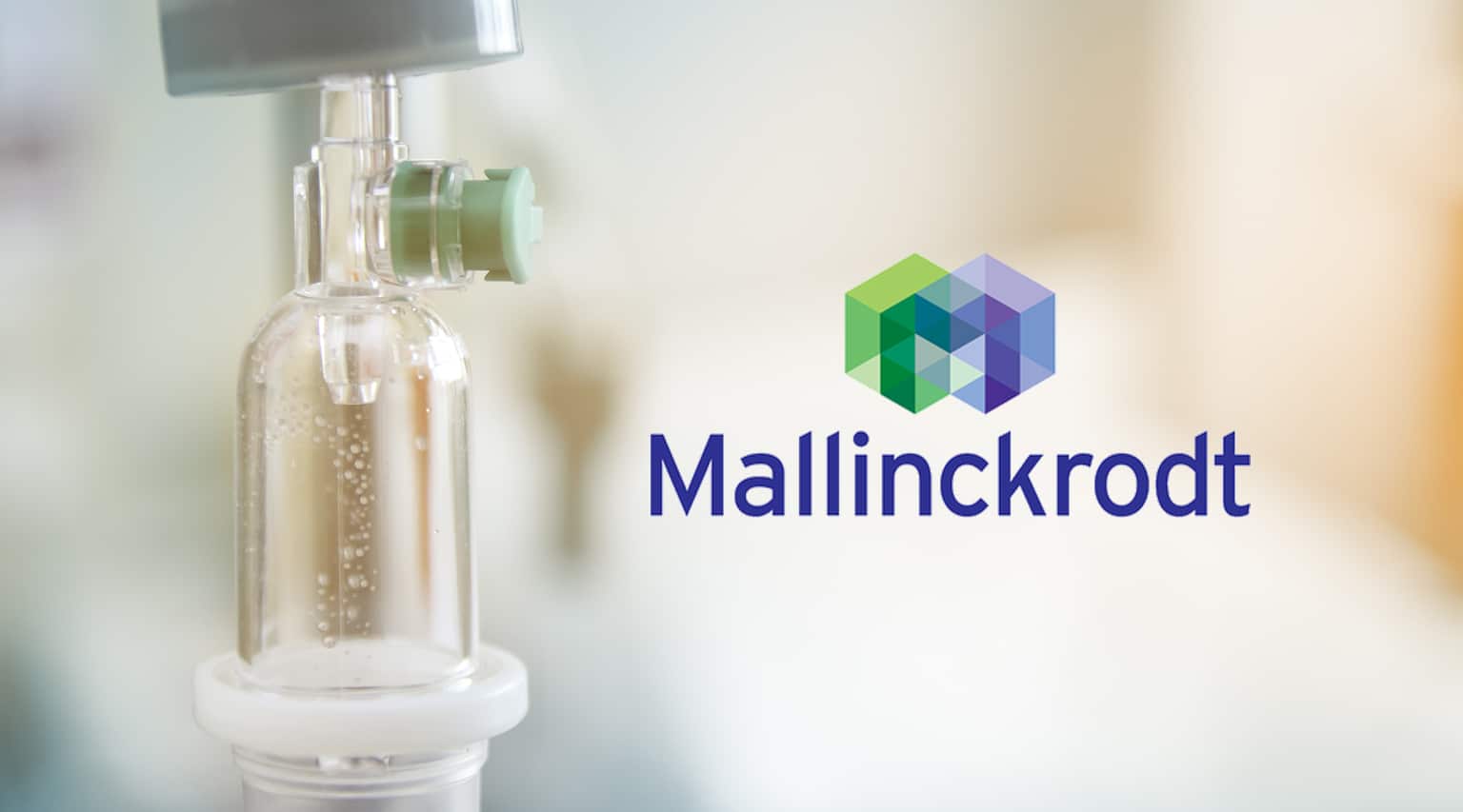The FDA recently approved a novel infused therapy, Terlivaz (terlipressin) from Mallinckrodt, with an indication for hepatorenal syndrome (HRS) with rapid reduction in kidney function.
There are between 30,000 and 40,000 adults in the US that have HRS with rapid reduction in kidney function, a condition that occurs in patients with advanced liver disease. Left untreated, the median survival time is 2 weeks, and more than 80% of patients die within 3 months.
Over more than a decade, Terlivaz faced many obstacles to reach approval including four complete response letters. It was finally green-lighted when the most recent Phase III trial reached its primary endpoint of renal function improvement, avoidance of dialysis and short-term survival. Regardless, the label includes a BLACK BOX WARNING of serious or fatal respiratory failure.
Mallinckrodt did not release pricing at this time.
Given the need for ongoing patient monitoring and a dosing schedule of every six hours it is presumed that this therapy will be limited to hospital administration.
CLICK HERE to access prescribing information
——————————————————————————
FDA approves treatment to improve kidney function in adults with hepatorenal syndrome
FDA has approved Terlivaz (terlipressin) injection to improve kidney function in adults with hepatorenal syndrome (HRS) with rapid reduction in kidney function. Terlivaz is the first FDA-approved medication for this condition.
Disease or Condition
HRS is characterized by a progressive deterioration in kidney function in people with advanced liver disease. This is most common in those with advanced cirrhosis (liver scarring) and ascites, an abnormal buildup of fluid in the abdomen that is often related to liver disease. The prognosis is very poor, particularly if patients’ liver disease is not treated with liver transplantation. Rising levels of serum creatinine (a waste product in the blood) in patients with HRS can indicate worsening kidney function.
Effectiveness
The effectiveness of Terlivaz was assessed in a double-blind study. Participants with HRS with rapid reduction in kidney function were randomly assigned to receive Terlivaz (199 participants) or a placebo (101 participants). Participants received either 0.85 mg of Terlivaz or a placebo every six hours as an injection in the vein for a maximum of 14 days. The dose was adjusted based on changes in kidney function.
The primary effectiveness outcome was the percentage of patients who had kidney function improvement, defined by two consecutive days of serum creatinine levels of 1.5 mg/dL or less, obtained at least two hours apart, by day 14 or the participant’s final day in the study. Twenty-nine percent of participants in the Terlivaz group had kidney function improvement compared to 16 percent of participants in the placebo group.
People with serum creatinine levels of 5 mg/dL or greater should not take Terlivaz because they are unlikely to benefit from treatment.
Safety Information
Terlivaz increases the risk of serious or fatal respiratory (breathing) failure. Patients with low oxygen in their blood should not start the medication. During treatment, patients should be monitored for breathing problems with a pulse oximeter — a tool that measures oxygen levels in the blood.






